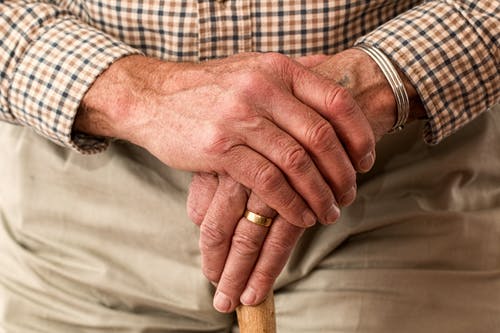There are many stages of life and living, but one series of changes has a more significant impact on people than any other, especially on women.
It can be difficult to describe the specific symptoms of the change as they vary between individuals; however the types of effects that the change brings about are common. As you would expect the effects of change are also quite different for males and females.
Unfortunately for women there are a number of symptoms to deal with. In most instances they occur at the same time multiplying the impacts of the symptoms. Typically women first notice the change with the onset of hot flushes. In addition there can be night sweats. In tandem these symptoms make it difficult for a woman to go about her daily life without adjusting her normal activities to compensate.
Imagine feeling cold then inextricably feeling hot when everyone else seems to be just comfortable. Some of the other symptoms that can be physically experienced include chills and cold sweats, feeling dizzy (also called vertigo), feeling faint and/or feeling weak. As well, some women experience differences in urinary tract habits. It is not unusual, for example, to feel a little discharge of urine when a woman sneezes, coughs, exercises, or even when she is having intercourse.
If these symptoms are not enough for a woman to realize that the change is upon her, there are more obvious signs that she is about to move into the next stage of life. It is the irregularity and ultimately vanished menstrual cycle. For many women this is the most emotionally challenging symptom because it forces them to face the reality that reproduction is out of the question.
While women undoubtedly suffer during this phase, they are by no means the only ones to experience change. Men are also subject to physical and psychological symptoms. With men the changes relate to reductions in testosterone levels. Some of the symptoms that may be experienced include blood rushes to the face and hot flushes. The most daunting symptom facing men is the diminished libido because it can seem to challenge their feelings of masculinity. In addition they may also experience erectile dysfunction (commonly referred as ED).
While experiencing the change of life may not be what people, both male and female, look forward to in their senior years, it is an inevitable process that everyone must go through. In actual fact putting a name to the symptoms that can be experienced can be in a way liberating. Sharing changes, both emotional such as mood swings and irritability along with the physical such as weakness helps make going the changes somewhat easier.
